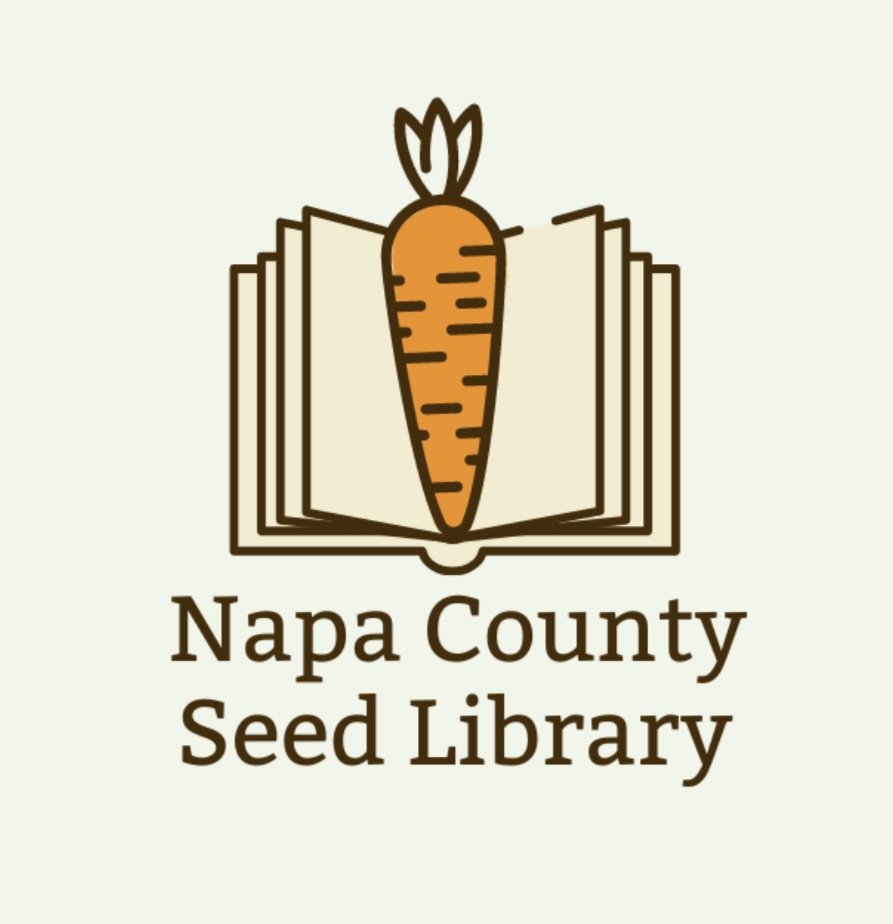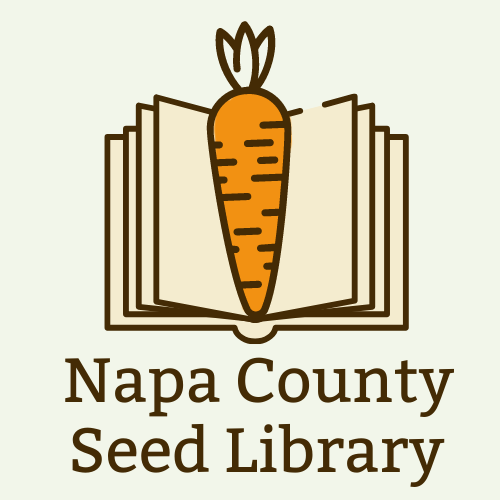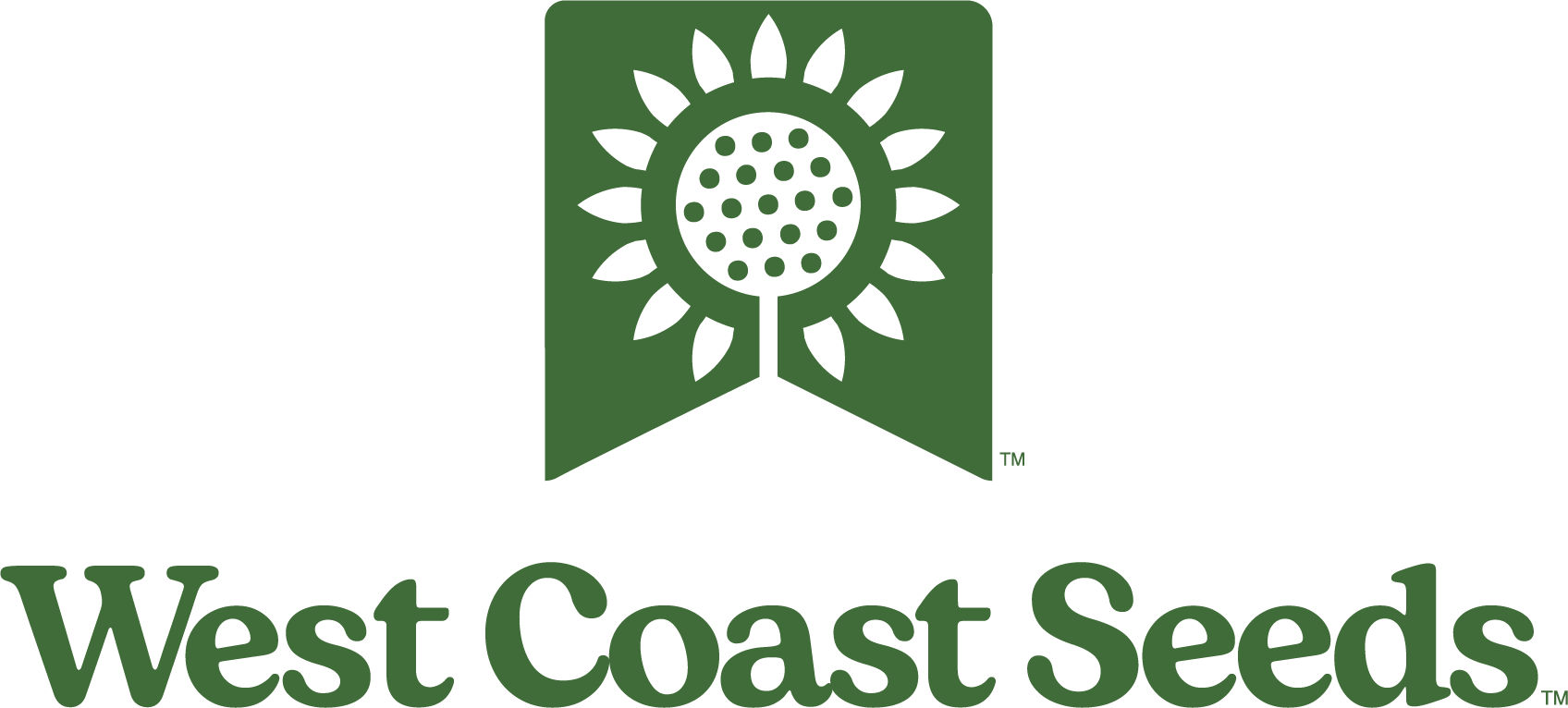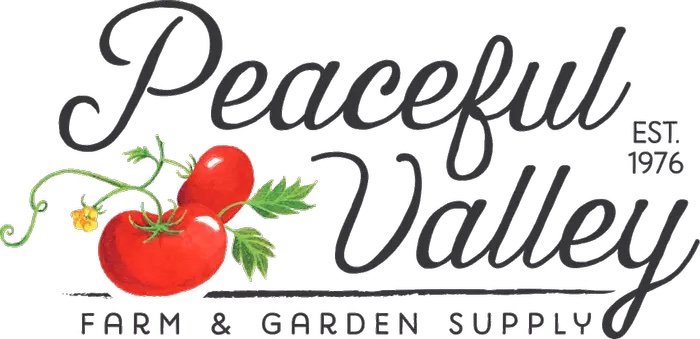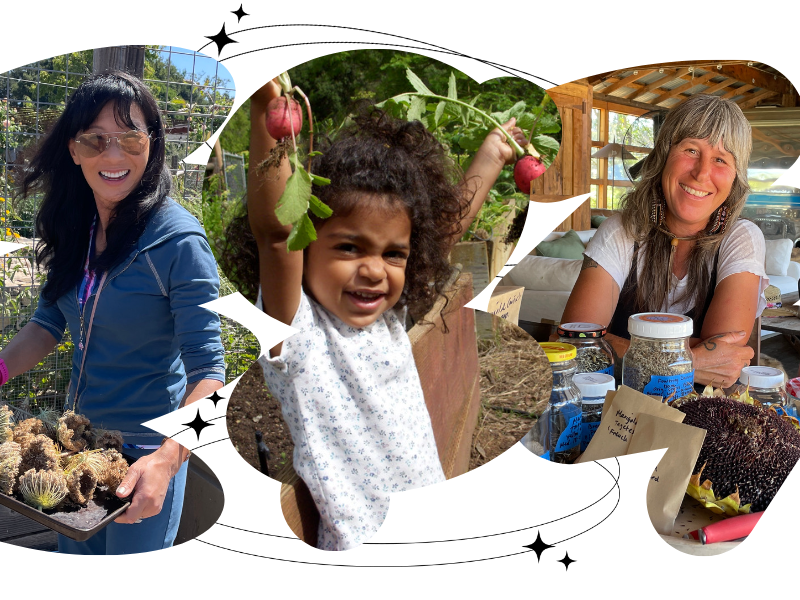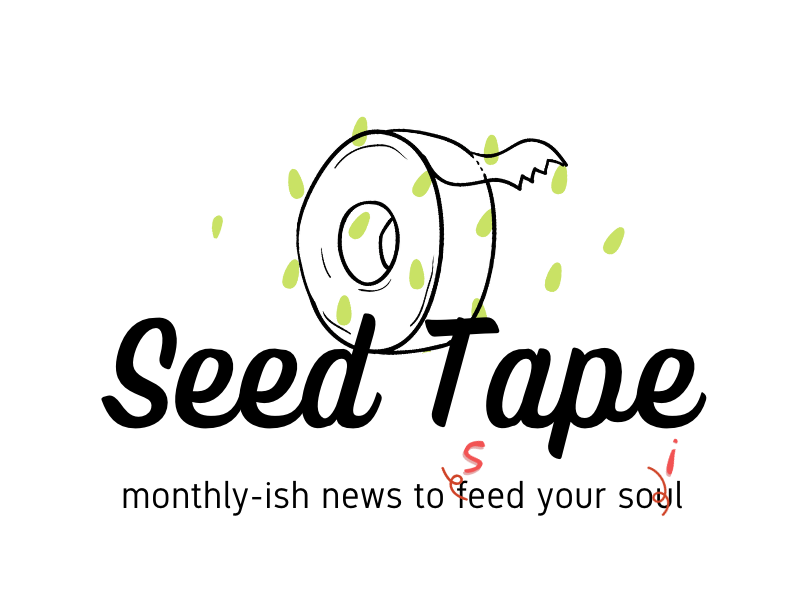
About our seeds
Skilled farmers, gardeners, seed companies, and seed-saving programs grow and donate seed that empowers our mission. We select for and grow organic, open-pollinated seeds. We make it a priority to grow culturally significant seeds and share them with people who have limited access to them.
We do not share genetically modified or chemically treated seeds.
We are fortunate that the California Seed Exchange Democracy Act (AB 1810, 2016) exempts noncommercial seed exchanges —like seed libraries and seed swaps from germination testing, labeling, or other costly, prohibitive requirements that commercial seed companies must comply with to sell seed. We cannot require that seeds we share to be returned to us—but we hope you will. It’s important to grow and retain locally adapted varieties of seed. Why? Because locally adapted seeds have a history of place and people. They are resilient and genetically diverse–just like we are.
We provide education, inspiration, and updates so that you’ll feel confident growing and donating your seeds to the annexes as often as you can. If you have questions, contact us.
How do I use the libraries?
-
Each seed library annex is designed for you to borrow and donate seeds. Watch this video to see how easy it is to use the seed library annexes.
-
We only offer organically grown seeds that are mature, dry, clean, and freshly packed or harvested. If seeds donated are 4 years old or older, they may not germinate to grow into mature plants. Although seed can be viable for 5 to 15 years under ideal storage conditions, seed germination is best when planted within 2 to 3 years after the seed is harvested, dried, packaged, and stored properly.
-
Seed inventories and selections vary by annex location. To keep our supplies abundant, return or donate organically grown seeds that are either grown locally or by a trusted, ethical commercial seed company. We accept seed donations in commercial packets, coin envelopes, glass jars, or heavyweight paper bags. No plastic, please. We ask that seed donors follow the instructions in this video before donating or returning seed.
Which kinds of seeds
do you have?
-
We exchange vegetable, herb, flower, medicinal, ornamental seeds–and sometimes tree seeds–in harmony with the seasons that they do best to germinate in Napa County (USDA growing Zone 9b). We harvest and store seeds according to seasonal planting cycles and obtain seeds in Fall, according to the commercial seed cycle. Visit our Plant Seeds page to find what’s ready to plant each month in our growing zone. Then find the seed library annex nearest you to select what you are interested in growing. For growing tips, visit our How to Grow page.
-
From February through April you’ll find radish, lettuce, carrot, beets, pepper, tomatoes, cucumber, spinach, arugula, cilantro, chives, and flowers and ornamentals that attract pollinators.
-
From May through August you’ll find summer squashes (thin-skinned types like zucchini and patty pan), winter squash (thick-skinned types like acorn and butternut), eggplant, okra, tomatoes, corn, beans, basil, tomatillos, melons, and drought-tolerant flowers and ornamentals.
-
From September through January you’ll find beets, broccoli, Brussels sprouts, cabbage, cauliflower, kale, mustard greens, celery, pak choi, California native wildflowers, herbs, and cover crop.
How do you retain
seed quality?
-
Seed intake, handling, labeling, and storage are all essential to preserve the viability of our seed inventories. We ask that seed donors follow instructions in this video before donating seed. We store seeds in cool, dark, dry spaces on indoor shelving and in chest freezers and refrigerators for the long-term. We strive to maintain temperature and humidity values that are ideal.
-
The majority of our seeds come from commercial seed sources. A good portion also comes from locally grown seed sources. All seeds MUST be labeled for us to retain and share with others. Identify seed with (1) seed type, common name, and variety name; (2) harvest year (also labeled as a "packed for" year on commercial packaging); (3) the name of the seed saver or seed company; and (4) the location the seed was grown. We prioritize exchanging open-pollinated, heritage seeds and sharing their culturally important stories.
-
Seed libraries are legally exempt from testing for seed germination. Find out why this preserves our mission to exchange seeds freely and serve a common good. We trust the labeling on seed from the commercial market and handle and store all seed to preserve the highest quality.
When in doubt and when we have the time, we occasionally test for good seed germination. But generally we trust that those who donate seeds to us are sharing seeds that are viable, not hybrids, untreated, and organic (not genetically modified).
-
Seeds are alive and people using the seed library annexes have varying levels of seed saving skills. Occasionally we test for good seed germination, when in doubt, and have the time, but generally we trust that those who donate seeds to us are sharing seeds that are viable, not hybrids, untreated, and organic (not genetically modified). Independent of the seed type, we do not share seed older than 7 years past its harvest or packed for date.
Do you accept
hybrid seeds?
-
Open-pollination describes the way plants reproduce when unaided by human interventions such as pollinating by hand, introducing pollinators into a crop field, or hybridizing using genetic material in a laboratory. Locally adapted seed comes from plants that have been consistently grown in a region long enough (3 years or more) so that they form strong relationships with the region's soil, climate, and native pollinators. To learn more about the differences, read this blog post by Seed Savers Exchange.
-
Locally adapted seed grow to maturity and produce the next generation of plant genetic material (seeds). Locally adapted seed is typically healthier seed because it "knows" (has encoded in its genetics) the climate conditions (both stressors and benefits) of the region where it has grown for many years. This connection between seed, land, soil, and climate is what drives the evolution of good seed stock.
-
Heritage seeds are open-pollinated seeds with an interesting legacy and cultural story. (You might know them as heirloom seeds.) Because we want our seed inventories to include unique varieties that reflect the culture and people of Napa County, we prioritize for heritage seeds that carry important cultural stories.
-
But hybrid seeds aren’t for seed saving. This is simply because their method of reproduction comes from two different species or varieties that are crossed using human intervention, usually in a lab or under controlled conditions.
Ex(s)eedingly grateful
Where do our seeds come from? Most come from a number of outstanding seed companies and seed sharing organizations who donate seeds to extend our mission to ethically share and save locally adapted, organic seeds. These companies and programs generously give over 1,000 packets of quality organic seeds to us each year. Among them are signers of the Safe Seed Pledge, and others who operate under the Open Source Seed Initiative. This means these companies do not knowingly buy, sell, or trade genetically-engineered seeds and ensure that the genetics within their seeds remain available to others. By partnering with these companies, we ensure that we do not knowingly share genetically modified or chemically treated seeds. We appreciate their commitment to quality and community to keep the foundations of regenerative agriculture in place for all to benefit. Tap the logos below to learn more about our commercial and organizational partners.
A growing portion of our seeds are also donated by gardeners and farmers who grow them right here in Napa County! We launched our Farmer Partner Program in 2023 to invite skilled farmers to grow a culturally significant seed using organic, open-pollinated, and ethical seed production methods to increase our inventory of seeds adapted to Napa County. Before launching this program, many skilled seed savers took the initiative, time, and effort to save and donate their seeds to us. Many thanks to Jennifer Lang, Vivian Wehner, Vaughn Gessley, Rob Keller, Teresa Kao, Central Valley Builders - St. Helena, and many, many others who regularly donate and exchange locally adapted, open-pollinated, and organically grown seeds to contribute to our mission.
